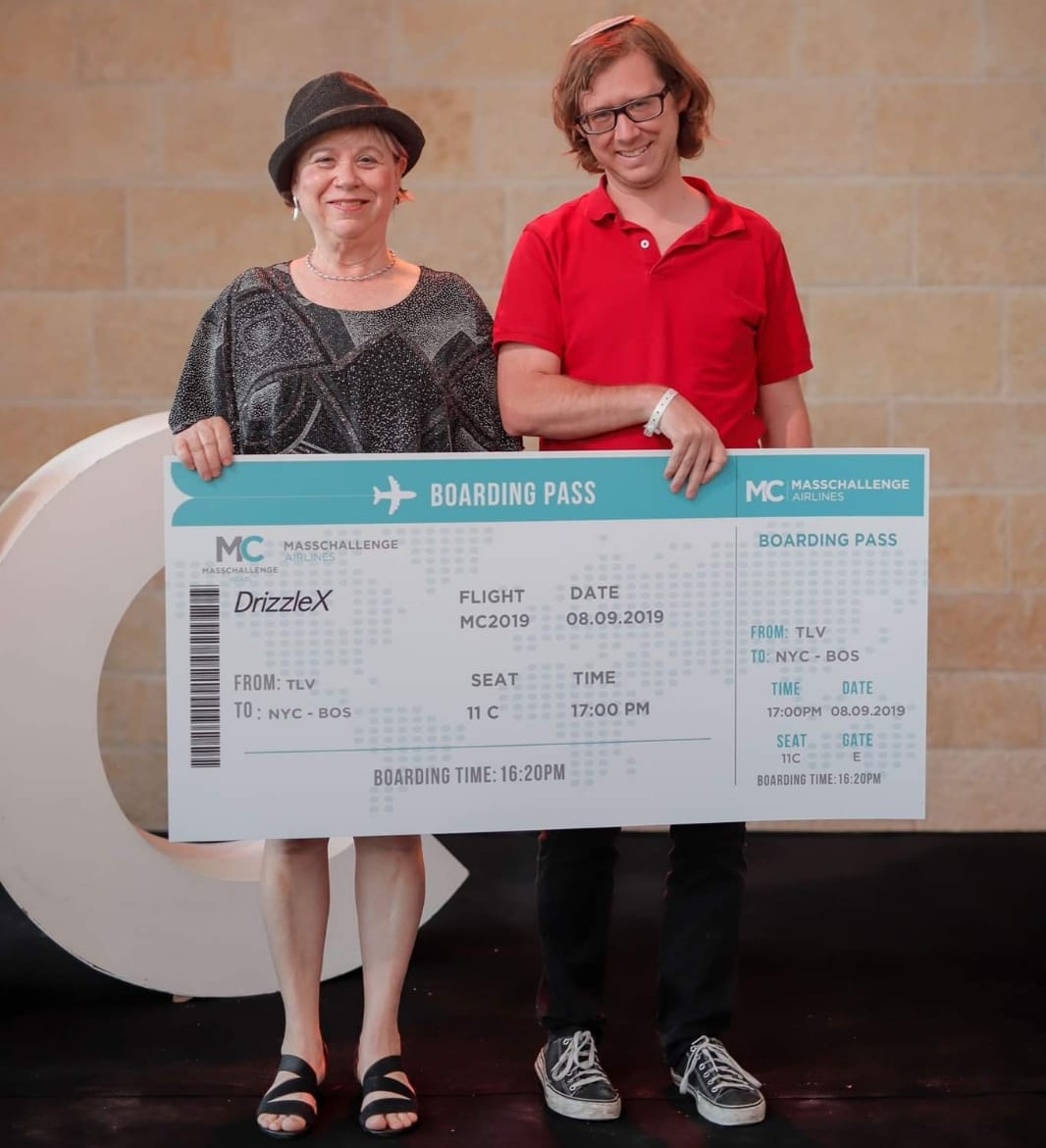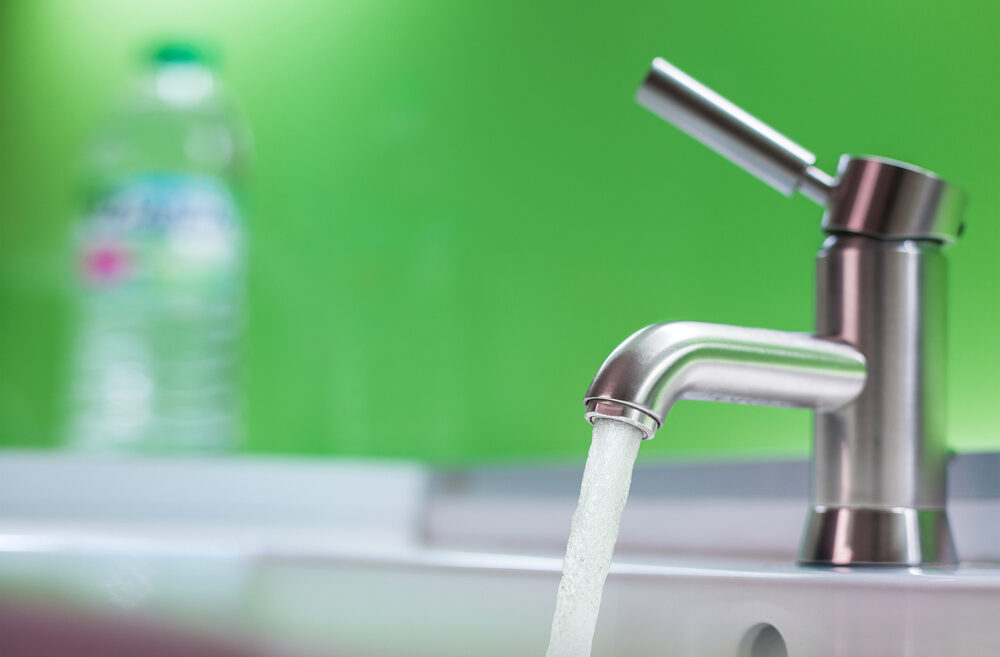The woman who leaves her kitchen faucet running while cooking dinner, and the man who leaves the shower running while answering the phone may not realize how much water they’re wasting.
Esther Altura, an Israeli mathematician and software engineer, witnessed those and other water-wasting scenarios during the two decades she owned and managed multifamily properties in Los Angeles.
The main problem is that most of some 5.6 million multifamily dwellings in the United States have central water meters. Tenants never see how much they’re consuming.
And because water costs are included in monthly rent or maintenance fees, tenants have no idea how much money is going down their drain.
“About 30 percent of water usage in multifamily properties is waste, adding up to $8 billion per year.”
Coming from a country where everyone has a water meter and pays water bills directly, Altura was appalled.
“In America, people use about four times as much water as in Israel,” she says. “About 30 percent of water usage in multifamily properties is waste, adding up to $8 billion per year — aside from the cost of property damage caused by leaks and misuse.”
For years, she searched for an automated solution that might incentivize tenants to conserve water. “Once you know how much you use, you use it differently,” Altura knew from experience. “Most people do not want to waste water.”
By 2017, technology had advanced enough that Altura was able to invent her own sensor-based solution, called FlowDx. The Israeli company she established to develop her invention is DrizzleX.
Micrometers at multiple water sources
“There are many smart water meters, but they are all for homes that have one water meter and do not fit the very different needs of multifamily building owners and managers,” Altura tells ISRAEL21c.
The easily installed FlowDx sensor system uses IoT-enabled micrometers placed near all sources of running water in multifamily residential buildings.
The micrometers connect to an app that shows the resident how much water is being used in her own apartment.
An artificial intelligence component analyzes usage data and reports usage trends to property managers. An alert is sent promptly if FlowDx senses abnormally high flow from any tap or toilet. This could indicate a leak or overuse (like the guy who left the shower running).
Whatever the cause, managers can act in real time with precision, because DrizzleX directs them to the exact source.
Normally, finding locations of leaks in large buildings is a challenging, expensive task. Even understanding that there’s a water problem can take time.
“Some people have condominiums in Florida for the winter,” says Altura by way of illustration. “They go back home in the spring, and months later they get a call that there’s water damage from a leak or from a faucet they didn’t turn off properly. When water is running non-stop for long periods, everybody pays.”
In fact, the price of water in the United States has doubled in the last 10 years, she says.
Tests planned in US cities
Altura’s son Ariel, a product designer and app developer, designed and tested the FlowDx sensor and the dedicated app in Israel.
In 2020, DrizzleX plans to install its system in apartment houses in LA, Las Vegas, Arizona, New York and Boston. One project will see hundreds of FlowDx micrometers installed in a 100-unit building in Boston.
“It’s an easy decision for property owners because the combined cost of the micrometers per apartment is less than the cost of a single smart water meter,” says Altura.
“And with the saving in expenses that DrizzleX offers, it pays for itself within a year.”
Altura plans to test FlowDx in other managed properties like student housing, hotels, hospitals, assisted-living facilities. Eventually she’d like to sell it to homeowners as well in DIY stores.
Altura says American insurance companies are eager to learn more about the DrizzleX system. And a major opportunity is on the horizon in California, where a new law requires builders to place water meters in each apartment of new residential buildings.
“What we really want is to have a win-win situation for everyone in the rental ecosystem. The landlord saves on property expenses, the managers can take care of leaks and water wastage, and the tenant knows exactly how much water he is using. Eventually we hope to offer direct billing to individual tenants, which will be the best water conservation method.”

MassChallenge U.S. Roadshow
The bootstrapped DrizzleX was named a Top 10 MassChallenge Israel startup for 2019 and went on the MassChallenge Israel U.S. Roadshow in September to New York, Boston and LA.
“We got a lot of interest from investors and from people in the industry and we learned a lot. We’re also in contact with several strategic partners we met there,” says Altura.
DrizzleX plans to open an office in Jerusalem. Altura says R&D will always be based in Israel, while the company’s future headquarters will likely be in the United States.
Preliminary data indicates the DrizzleX solution could help multifamily property owners and managers reduce water-related expenses by 30%, Altura says.
For more information, click here
















